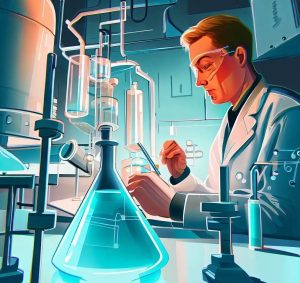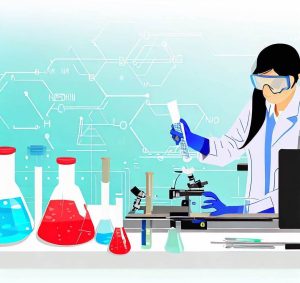Are you eager for a constantly evolving STEM journey? Embrace the world of Chemical Engineering. In this profession, diverse chemical challenges and specializations await your expertise. As a Chemical Engineer, you design and streamline chemical processes and systems. From creating sustainable materials to optimizing production techniques, you forge your distinct trajectory. By choosing chemical engineering, you pioneer advancements in our material world, promoting safer and more efficient solutions. If innovating within the chemical realm excites you and you dream of shaping the future of industry and environment, chemical engineering beckons as your ideal career path.
Check out our knowledgebase for more information. Are you looking for your dream job in STEM? Look here.






